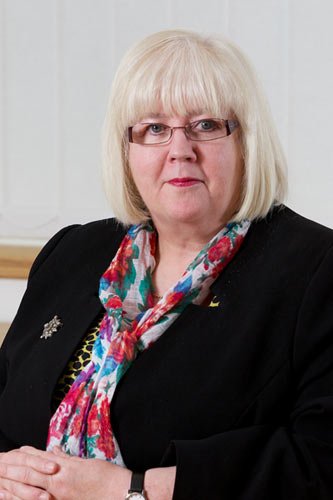The identification of ‘reckless’ individuals is needed if banking culture is going to change
Published by Gbaf News
Posted on June 24, 2013
4 min readLast updated: January 22, 2026

Published by Gbaf News
Posted on June 24, 2013
4 min readLast updated: January 22, 2026

Mary Clarke, CEO of Cognisco, a specialist in assessing and managing people risk in organisations, comments on today’s report from UK’s Parliamentary Commission on Banking Standards into banking culture and suggests it doesn’t go far enough in helping banks clean up their act.
 This week’s Parliamentary Commission report into Banking Standards ‘Changing Banking for Good’ made several recommendations. The most striking was that senior bankers guilty of ‘reckless misconduct’ should be jailed. The report states that, “too many bankers, especially at the most senior levels, have operated in an environment with insufficient personal responsibility and that ‘senior executives were aware that they would not be punished for what they could not see and promptly donned the blindfolds’.
This week’s Parliamentary Commission report into Banking Standards ‘Changing Banking for Good’ made several recommendations. The most striking was that senior bankers guilty of ‘reckless misconduct’ should be jailed. The report states that, “too many bankers, especially at the most senior levels, have operated in an environment with insufficient personal responsibility and that ‘senior executives were aware that they would not be punished for what they could not see and promptly donned the blindfolds’.
Other recommendations included splitting up RBS into ‘good’ and ‘bad’ banks before going ahead with privatisation, a shake-up of the current approval regime for bankers, a radical overall of bankers’ bonuses and a full-time chairman being put in place in banks to ensure the tough scrutiny of executive managers. The recommendations have been welcomed by the Treasury. Making bankers responsible and liable for their actions and the introduction of new standards for bankers will help to change banking, but are these reforms enough? Will they radically change the culture within banks and eradicate ‘reckless’ behaviour?
I would argue that banks also need to tackle the root causes of these problems and that this can only be done through identifying and then managing individuals whose behaviour could be deemed reckless, risky and unacceptable. To achieve this, a clear understanding is needed of how people behave when performing their jobs and the decisions they are likely to make in certain scenarios.
The majority of recent scandals and banking failures have occurred as a result of human error or rogue behaviour so it is critical that banks fully understand their people and their behaviour in order to reduce risks. The many high profile cases over the years, such as the HSBC money laundering case and the libor rate fixing demonstrate what can go wrong if adequate controls are not put in place to regularly assess behaviour. This is a complex problem – it is not enough for organisations to simply assess the competency of their employees, they need to understand how they behave on a daily basis and their attitude towards risk.
An effective way of doing this is by measuring a combination of employee competence, knowledge and confidence to reveal what people know, how they use their knowledge and how they act in certain situations by introducing regular employee assessments. By assessing competency and confidence together, companies can spot ‘risky’ individuals – people with low knowledge and high confidence as well as those with high knowledge but low confidence, who might not make the right decisions under pressure.
These kind of assessments enable managers to gain complete insight into how individuals are performing, their weaknesses and knowledge gaps and the decisions they are likely to make. The results will help identify star performers as well as weak links – individuals who might need more training or who are actually not fit to practice.
Banks need to have procedures in place to test employee knowledge, skills, confidence and attitude and its important as the banking culture is changing that these procedures are implemented now. If managers in banks don’t know where their employee skills and knowledge gaps lie, how can be sure they are eliminating risk and won’t be hit by other scandals? If employee assessments were used throughout the employee life cycle – banks would not only make better recruitment decisions but minimise risk and improve their compliance and the performance of employees. Banks need to do this now alongside the other recommendations as highlighted by the Parliamentary Commission to ensure that banks restore their reputation and work well in the future.
Explore more articles in the Banking category











